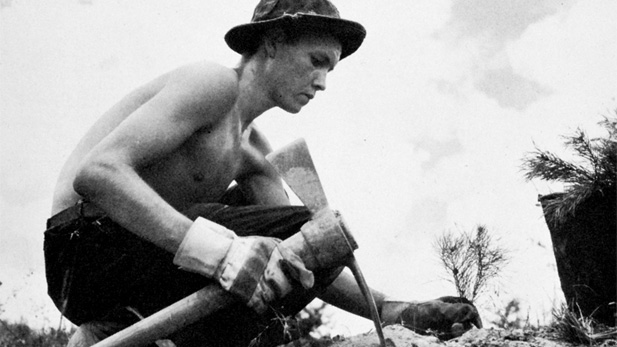In 1933, President Franklin Roosevelt sent legislation to Congress aimed at providing relief for the one out of every four American workers who were unemployed. He proposed a Civilian Conservation Corps (CCC) to provide jobs in natural resource conservation. Over the next decade, the CCC put more than three million young men to work in the nation’s forests and parks, planting trees, building flood barriers, fighting fires and maintaining roads and trails.

Corps workers lived in camps under quasi-military discipline and received a wage of $30 per month, $25 of which they were required to send home to their families. This program interweaves rich archival imagery with the personal accounts of CCC veterans to tell the story of one of the boldest and most popular New Deal experiments, positioning it as a pivotal moment in the emergence of modern environmentalism and federal unemployment relief.
Tuesday at 10 p.m. on PBS-HD.

By submitting your comments, you hereby give AZPM the right to post your comments and potentially use them in any other form of media operated by this institution.